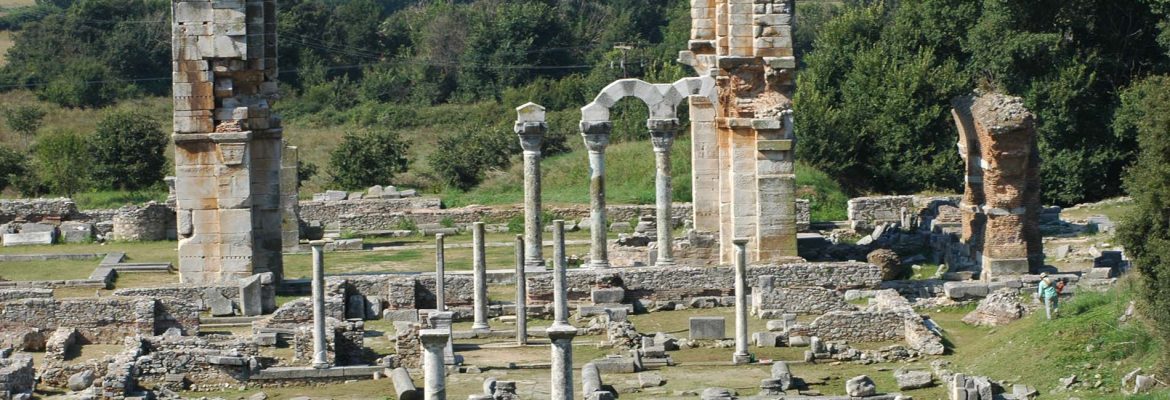Philippi Archaeological Site, Unesco Site, Kavala, Greece
The most important archaeological site of eastern Macedonia, with characteristic monuments of the Hellenistic, Roman and Early Christian periods.
The history of the site of Philippi begins in 360/359 B.C. when the colonists from Thasos founded the first city, called Krenides. In 356 B.C. the city is endangered by the Thacians and it turns to king Philip II for support. Philip had already foreseen the economic and strategic importance of the city, so he conquered it, he fortified it and he renamed it after himself (Philippi). After the battle of Philippi, in 42 B.C., the city became a Roman colony and its importance was stressed by the fact that it was located on the Via Egnatia.
A landmark in the history of Philippi was the year A.D 49 or 50, when Apostole Paul visited the city and established there the first Christian Church of Europe. This made Philippi a metropolis of Christianity. During the Byzantine period (A.D. 963-969) the walls of the city were reconstructed and at the same time the towers and the wall of the acropolis were built.
Visit Greece. Epic Greece Adventure Route © Monika Newbound


